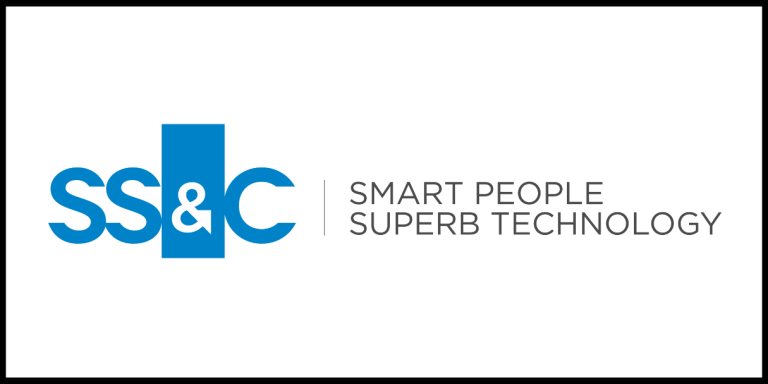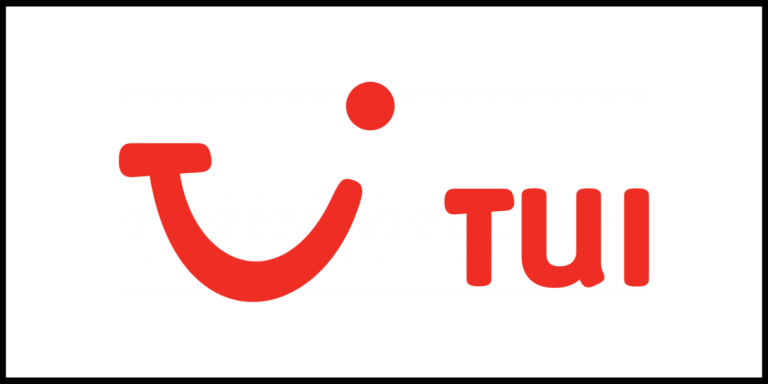
Content Menu
Tackling Impostor Syndrome As A Career Switcher In A Tech Role
Hi! I’m Monica, a former Primary School Teacher turned Cloud Engineer. Two years ago, I could never have imagined saying that. But thanks to Code First Girls and a sponsored CFGdegree, I retrained and landed my first job at Tesco Bank. I started as an Associate Cloud Engineer and advanced to a Cloud Engineer.
After relocating, I recently began a new job at a different company. It’s been an exciting journey, but it hasn’t always been smooth. Impostor syndrome hit me hard. I’d look around and think, “How did I get here? Did someone make a mistake?” But over time, through learning, tracking my growth and shifting my mind set, I’ve come to see things differently.
This post is for anyone feeling the same, especially if you’ve just started a new role in tech. You’re not alone and it does get better.
What is Impostor Syndrome?
Impostor syndrome is that nagging feeling that you’re not as capable as others think you are and that one day, someone’s going to find out. It can show up as:
- Constant self-doubt
- Attributing success to luck
- Fear of being “found out” as a fraud
You’re definitely not alone if you’ve felt this way. According to the International Journal of Behavioral Science, more than 70% of people experience impostor syndrome. It’s especially common when you’re starting something new, like your first tech job, or switching companies and is just a sign of growth.
Why Impostor Syndrome Hits so Hard in Tech
Starting a new job can feel like jumping into deep water, especially in tech, where everything moves quickly and there’s always more to learn. For career changers like me, the leap can feel even bigger. Add in that tech can still feel male-dominated and impostor syndrome can start whispering from day one.
If you’re wondering, how long will this feeling last? The answer varies, but you’re not alone. Research shows that it may take up to 6 months to feel fully comfortable in your new job.
You might feel like:
- Everyone else knows more than you
- You’re asking too many questions
- You’re not “technical enough”
But the truth is, everyone starts somewhere. The confident people you see were once in your shoes. You don’t see their doubts but the chances are they’ve felt lost too. Which is why voicing it is so important.
There’s a quote from Aristotle: “The more you know, the more you know you don’t know.” That uncomfortable feeling of “I don’t know what I’m doing” is part of getting better at your job. Your brain is just reacting to the discomfort of being outside your comfort zone. It’s wired to keep you safe, so anything unfamiliar feels risky.
But remember, growth happens when we stretch our boundaries. The key is to recognise when that voice of doubt is just your brain trying to protect you and not the truth of your abilities. You can do this and every step is proof that you’re moving forward. Don’t let that voice scare you out of progress.
If you're wondering, how long will this feeling last? The answer varies, but you're not alone. Research shows that it may take up to 6 months to feel fully comfortable in your new job.
My Journey: From Teaching to Cloud Engineer
Before tech, I was a primary school teacher. Switching careers wasn’t easy, but finding Code First Girls and completing their program sponsored by Tesco Bank, gave me the foundation and confidence to try something new.
My first cloud role came with a steep learning curve. I constantly questioned if I was good enough or if I belonged. But having a supportive team and mentors made all the difference. They encouraged questions, created a safe space to learn and helped quiet the impostor syndrome.
I channelled a lot of my uncertainty into focused learning, diving into cloud concepts and earning two AWS Associate Certifications, the AWS Solutions Architect Professional and the Kubernetes and Cloud Native Associate (KCA). Each one felt like a small win, built my confidence and helped me contribute more meaningfully to my team. The more I contributed, the more I felt like I belonged. It wasn’t about being perfect, it was about being curious and willing to grow.
Then came a relocation and a new job and with it, impostor syndrome all over again. New team, new expectations and I questioned everything again. But I reminded myself that I had done this before. I could do it again. Now, a few months in, I can genuinely say I’ve beaten impostor syndrome. The anxious voice that once questioned everything has quieted down, replaced by a sense of purpose and belonging.
Now, I want to share what helped me navigate those early days, in case it helps someone else too.
How to Tackle Impostor Syndrome in Your First 90 Days
Here are some things that really helped me and might help you too:
📌 Track your wins
Big or small, write them down. Fixed a bug? Had a good one to one? Asked a great question? That’s a win. I use a Notion template to log my weekly wins and it’s my go-to space for when I need a confidence boost or to prep for a performance review. Reading through those wins always reminds me of just how far I’ve come.
📌 Ask for feedback
It’s not a sign of weakness, it’s how you grow. Regular feedback helped me gain clarity, improve faster, feel more confident and build rapport with my colleagues. It’s also very reassuring to have all your positive feedback in the same place, where you can easily go when you are having a tough day.
📌 Find a mentor
Having someone to talk to can make a huge difference and it’s helped me grow faster than I would on my own. Surrounding yourself with someone who has your best interests at heart, especially someone who’s an expert in the field, can be a game changer. They can point you in the right direction, offer guidance and help you become your best self at work. If you’re not sure where to find someone like that, ask around your company to see if they have any mentoring programs you can join, or see if there are colleagues who’d be open to helping you along the way. And if you want to dig into why mentoring is so powerful, this CFG blog is a great place to start.
📌 Celebrate progress, not perfection
You don’t need to have all the answers right away. Focus less on perfection and more on embracing the learning process. I found it really helpful to do a quick 15-20 minute check in each week to reflect on what I‘d learned, what went well and what I could improve. It helped me see progress, even when it wasn’t obvious.
And after that? Celebrate. Whether it’s a glass of wine, a fancy dinner, or just a cosy night in, acknowledge the effort. You’re doing something hard and that deserves recognition.
📌 Avoid comparison
It’s tempting to compare yourself to others, but remember: you’re seeing their highlight reel, not the full picture. Instead of focusing on others, compare yourself to where you were yesterday, last week, or last month. Celebrate how far you’ve come and the progress you’ve made.
How to Reframe Negative Thoughts
One of the most powerful tools I found was reframing the way I talked to myself.
Instead of “I have no idea what I’m doing” try “I’m learning something new and that takes time”
Instead of “I’m not good enough to be here” try “I bring a different perspective and that’s valuable.”
Your thoughts shape your confidence, so be kind to yourself. I also made it a habit to keep all the positive feedback I received, along with my small wins, in one place. Whenever I had a tough day or felt the weight of impostor syndrome creeping in, I’d go back to that collection and remind myself of how far I’ve come. It became my go-to boost on the days when self-doubt felt overwhelming. It’s incredibly effective because you’re showing your impostor syndrome evidence that you are, in fact, good at what you do. It turns vague self-doubt into something you can challenge with real facts and that reminder can be powerful when you need it most.
Progress Takes Time
The truth is, you won’t feel 100% confident right away and that’s okay. I definitely didn’t. What helped was letting go of the idea that I had to know everything from day one. Instead of comparing myself to others, I focused on comparing me to me, how I felt in week three versus how I felt in week one. And slowly, I saw growth.
Confidence didn’t come from feeling “ready”, it came from showing up, trying, failing sometimes and learning as I went. Each week, I looked back and realised I’d come further than I thought. Learning in tech is never really done, but that’s part of what makes it so exciting.
Conclusion
Impostor syndrome doesn’t mean you’re not good enough, it means you care and your comfort zone is being stretched. You’re not alone and you absolutely belong in tech.
If you’re just starting out: keep going. Learn in small steps. Celebrate your growth. And most of all, know this, you’ve already done the hard part by showing up. Everything else is just part of the journey.
Curious about cloud engineering or starting a career in tech? Code First Girls’ Tech Taster courses are a brilliant way to dip your toes in, learn real skills and see where that first step might take you. They might just help you outsmart your inner impostor before it even gets a chance to speak up.


















